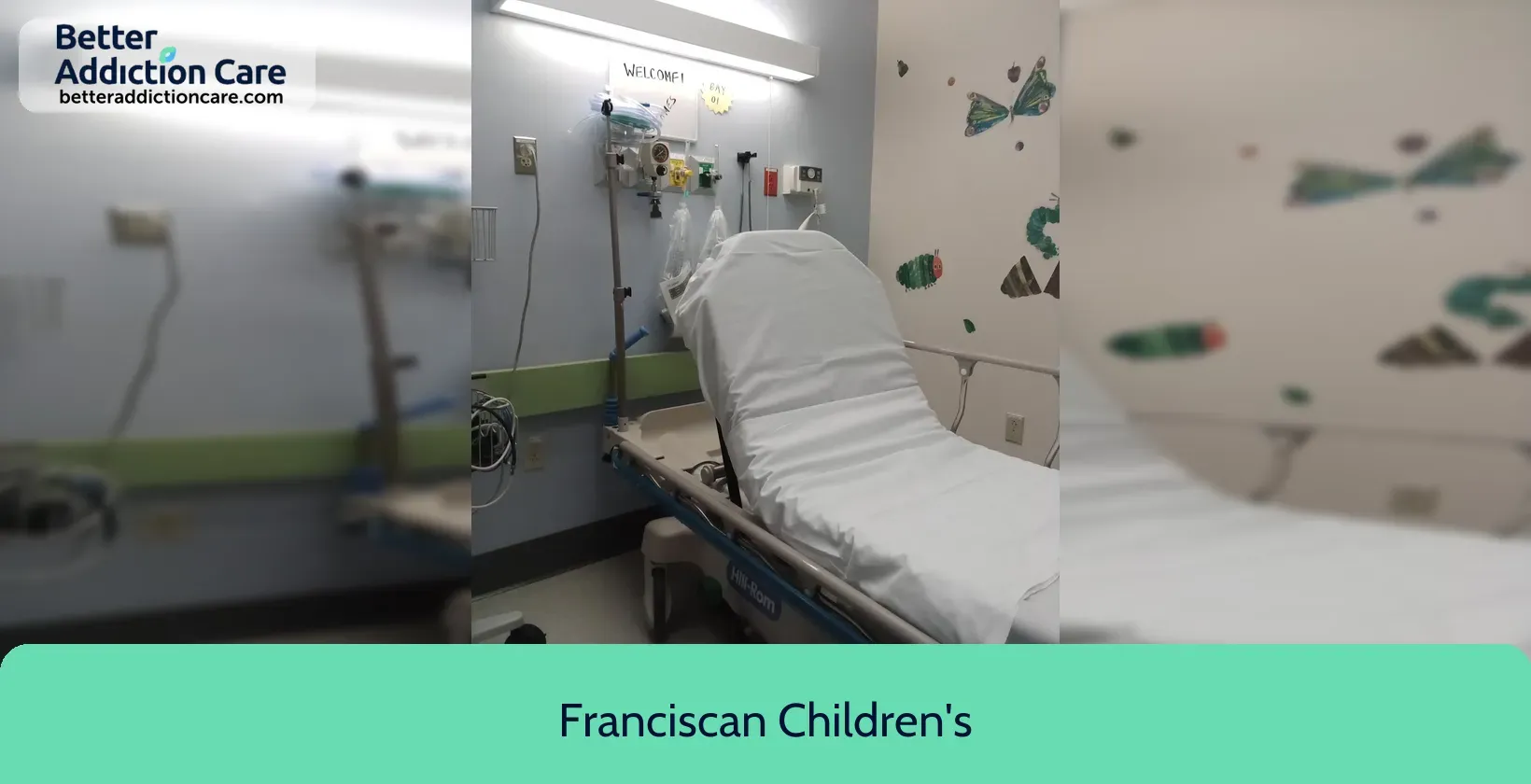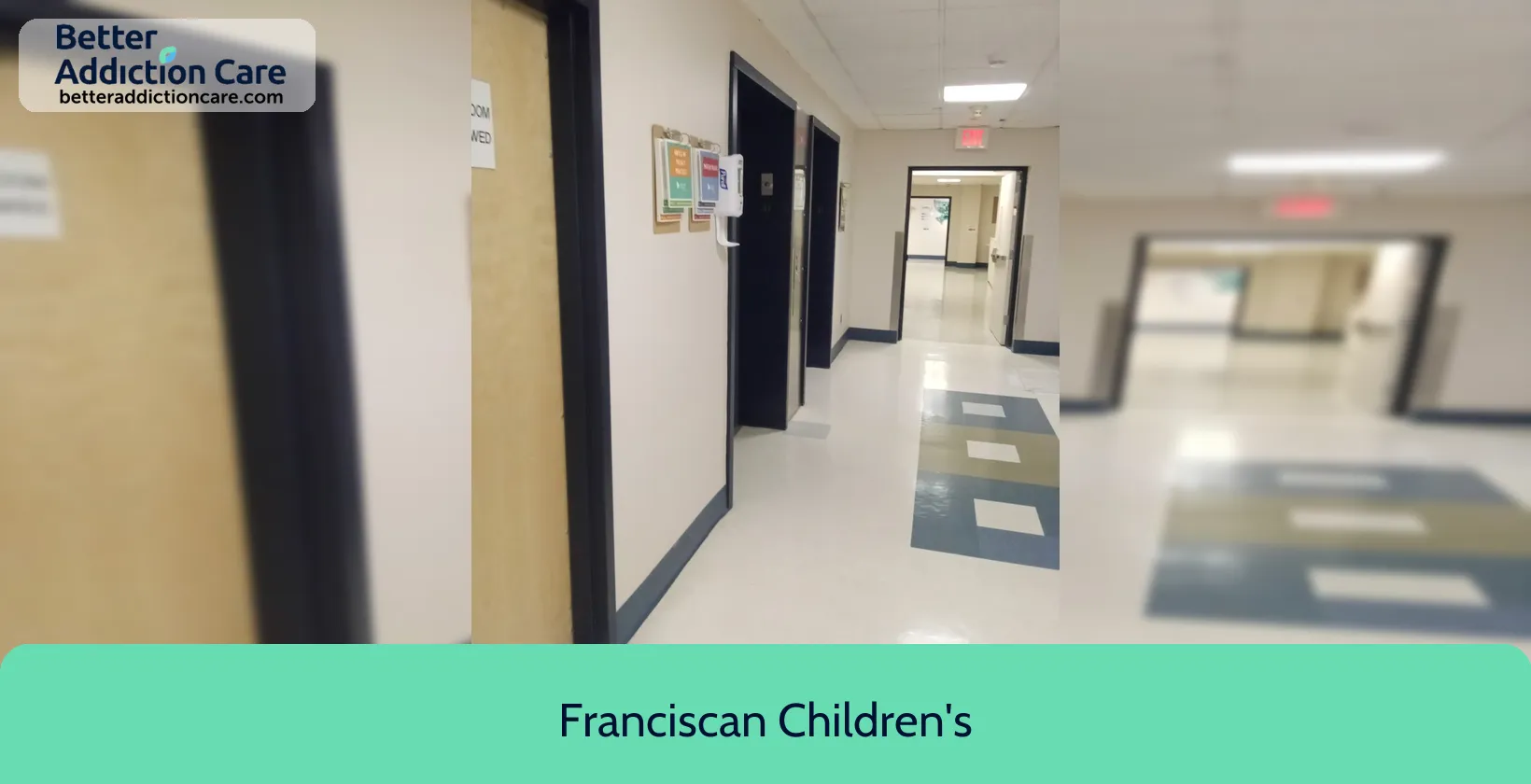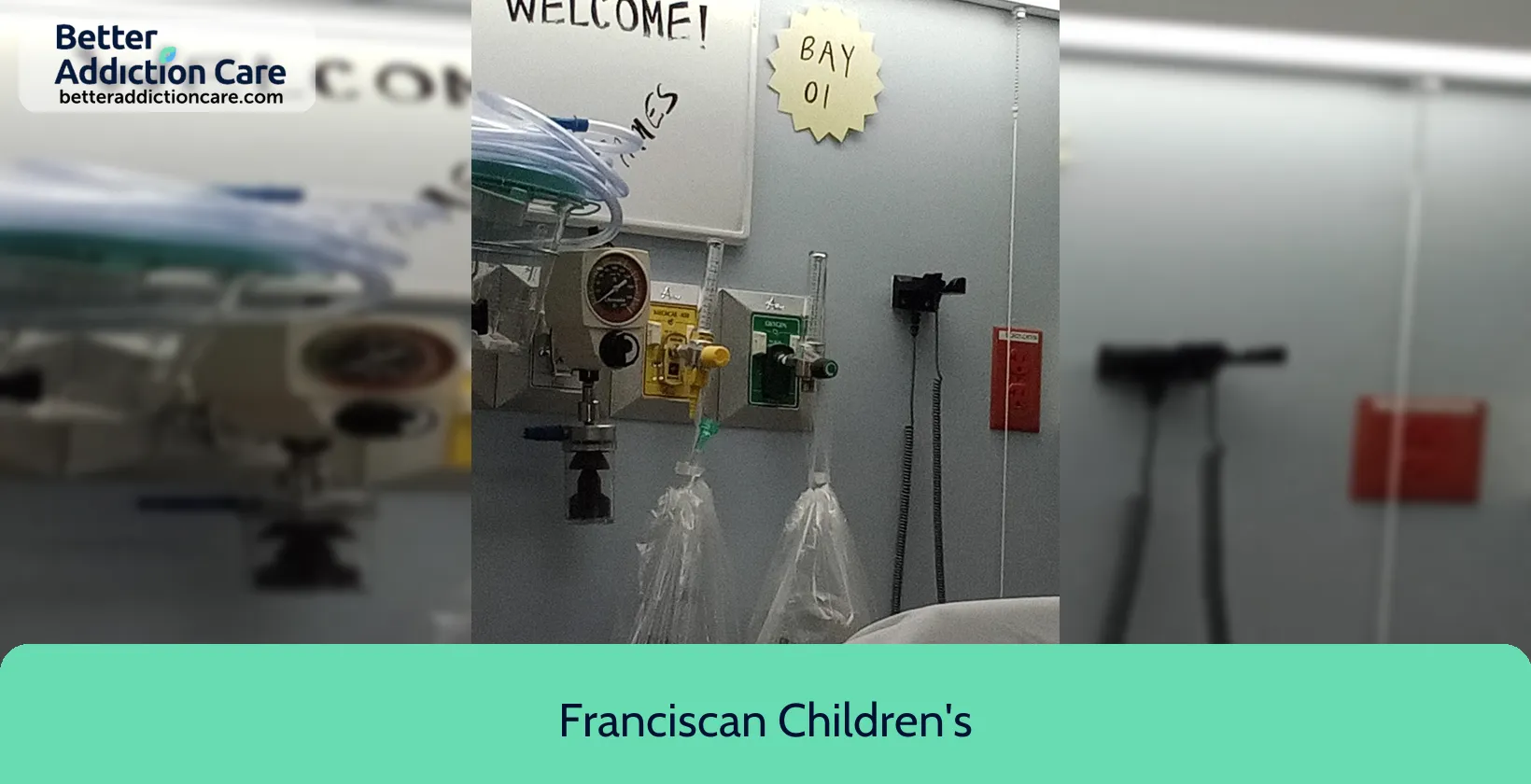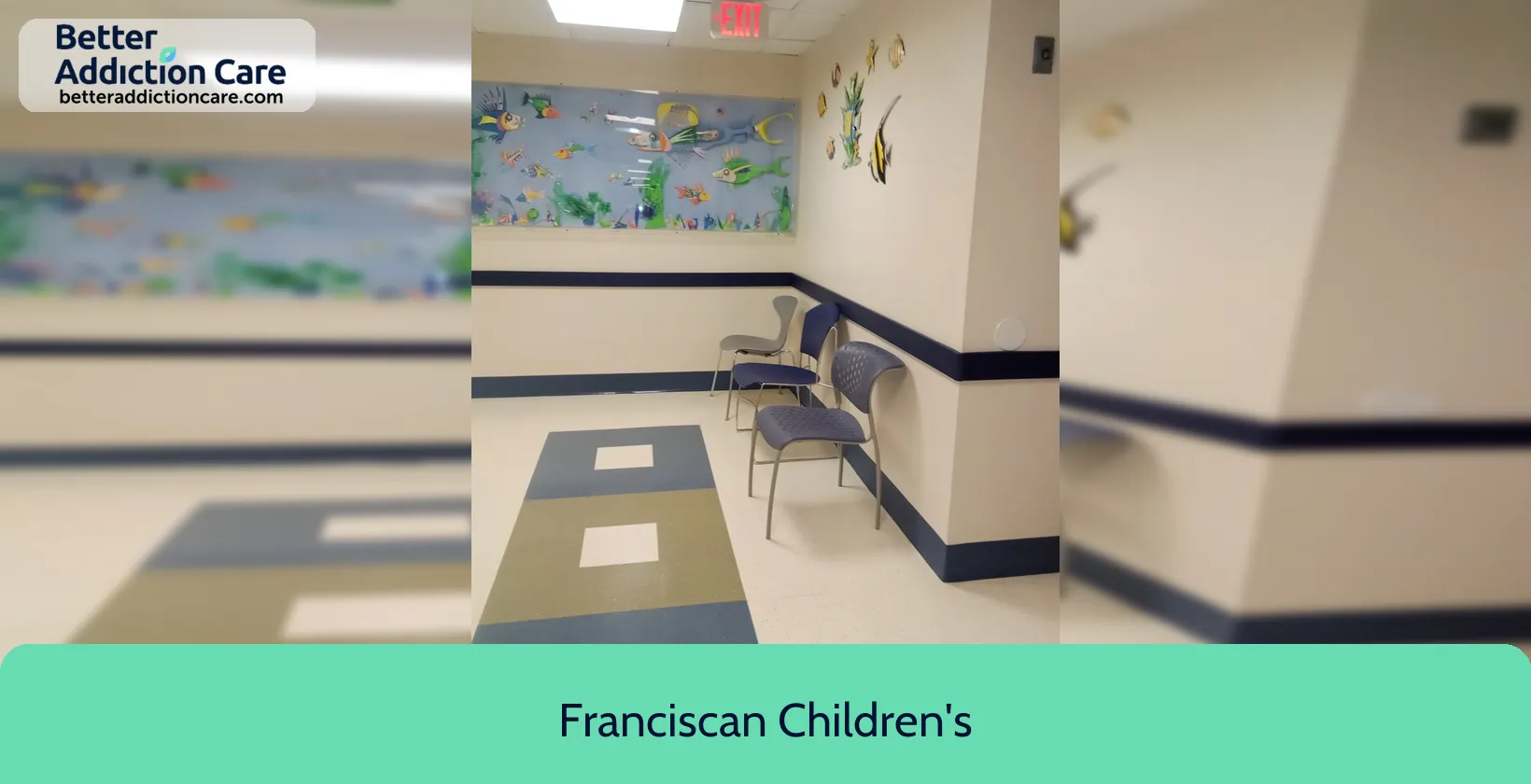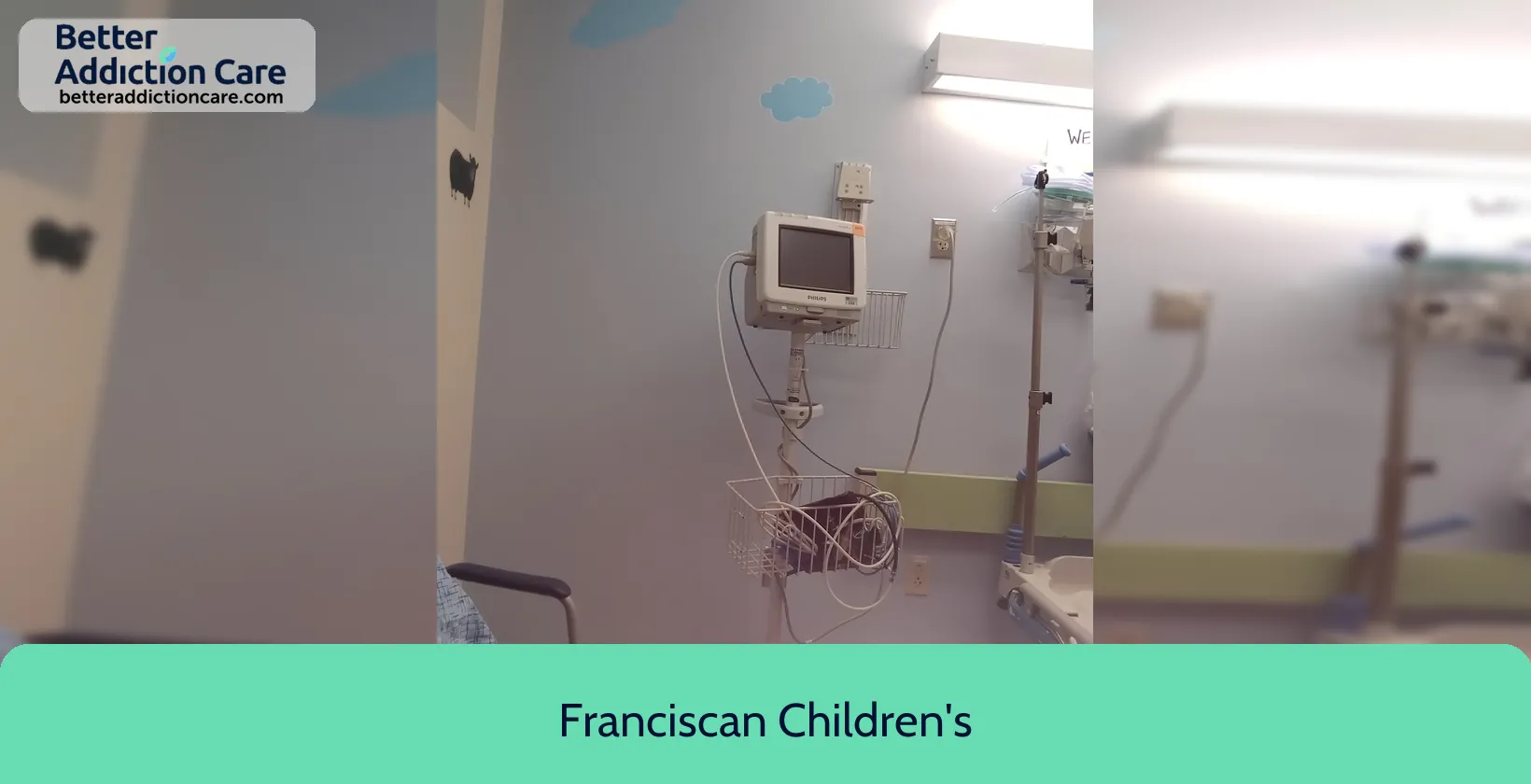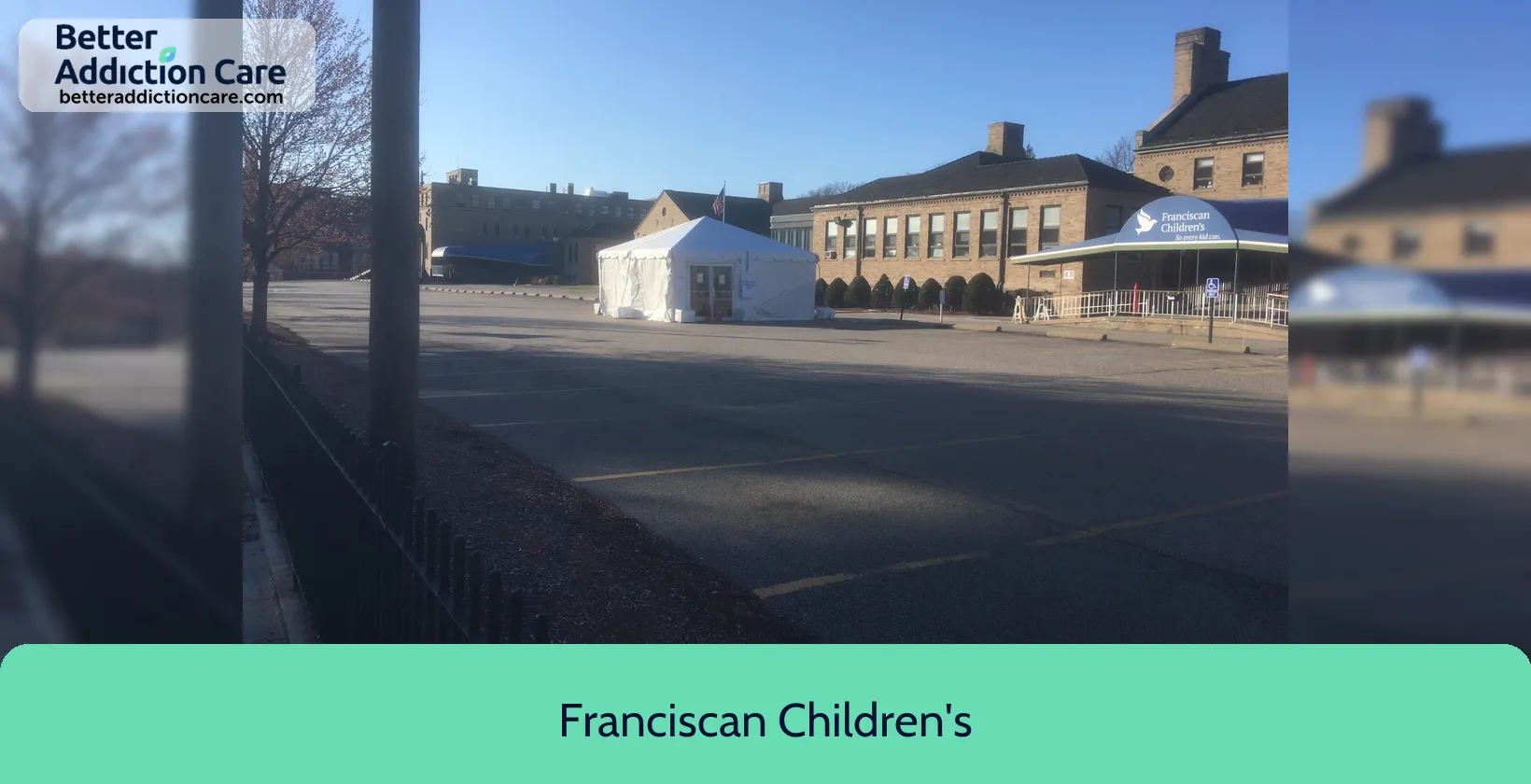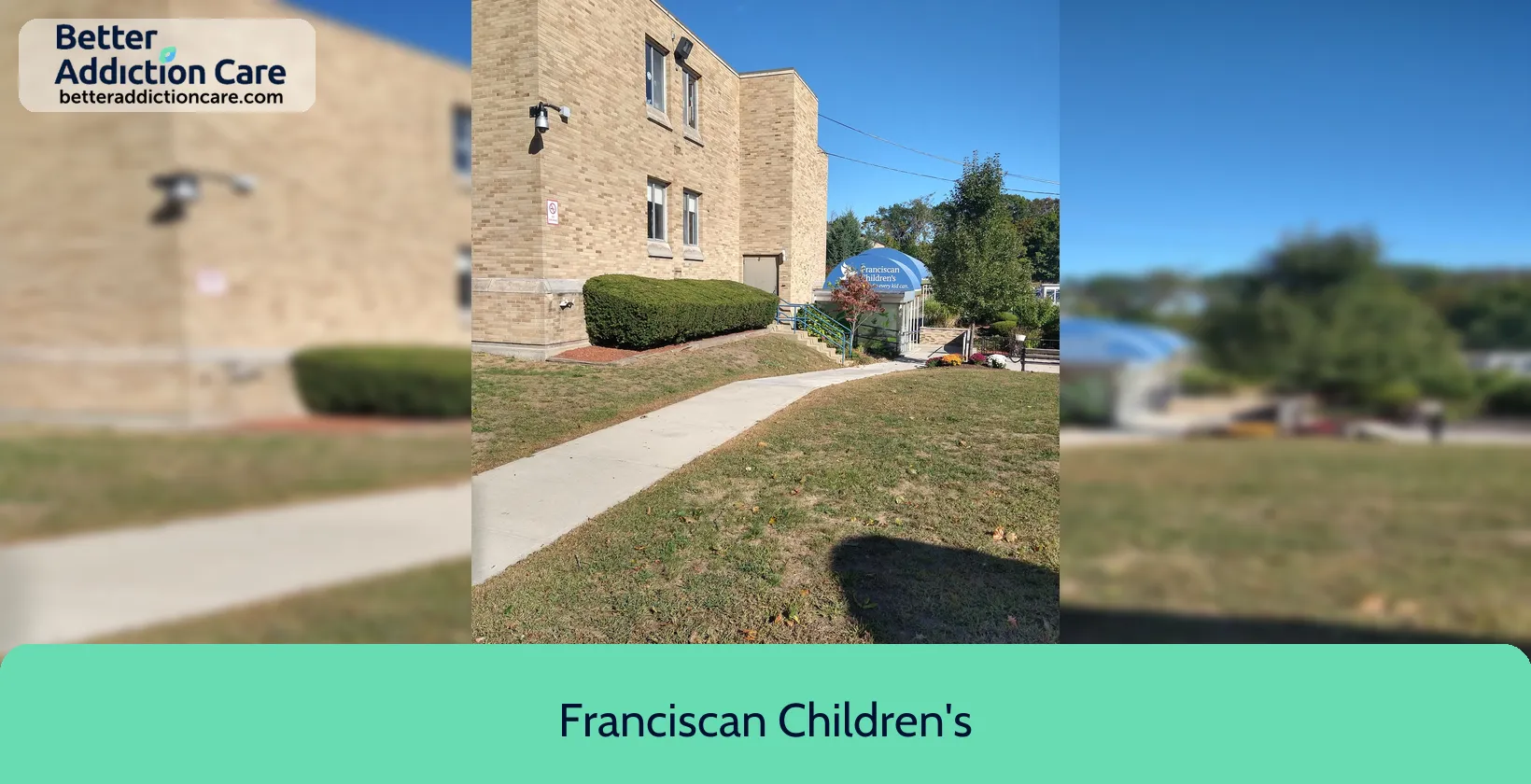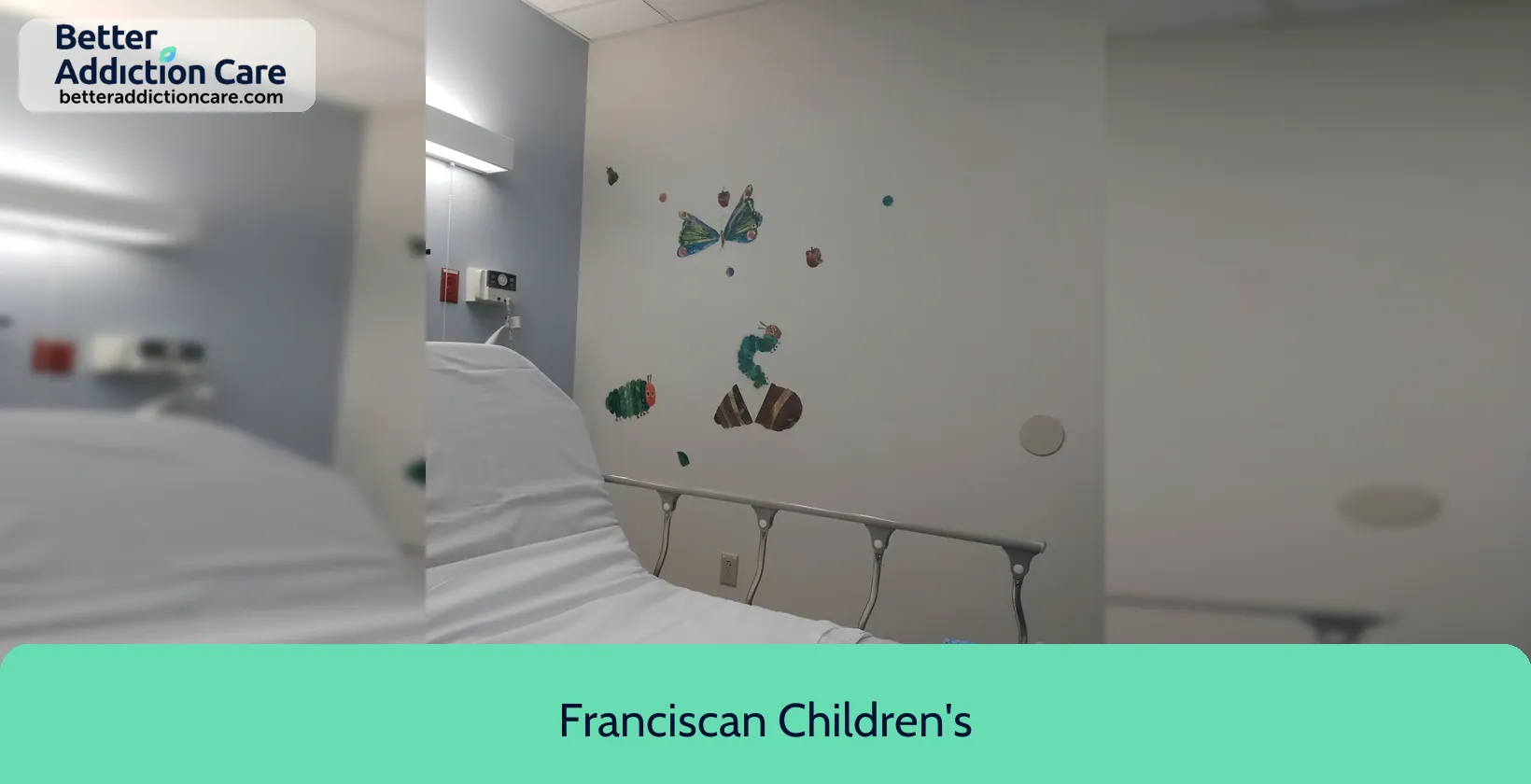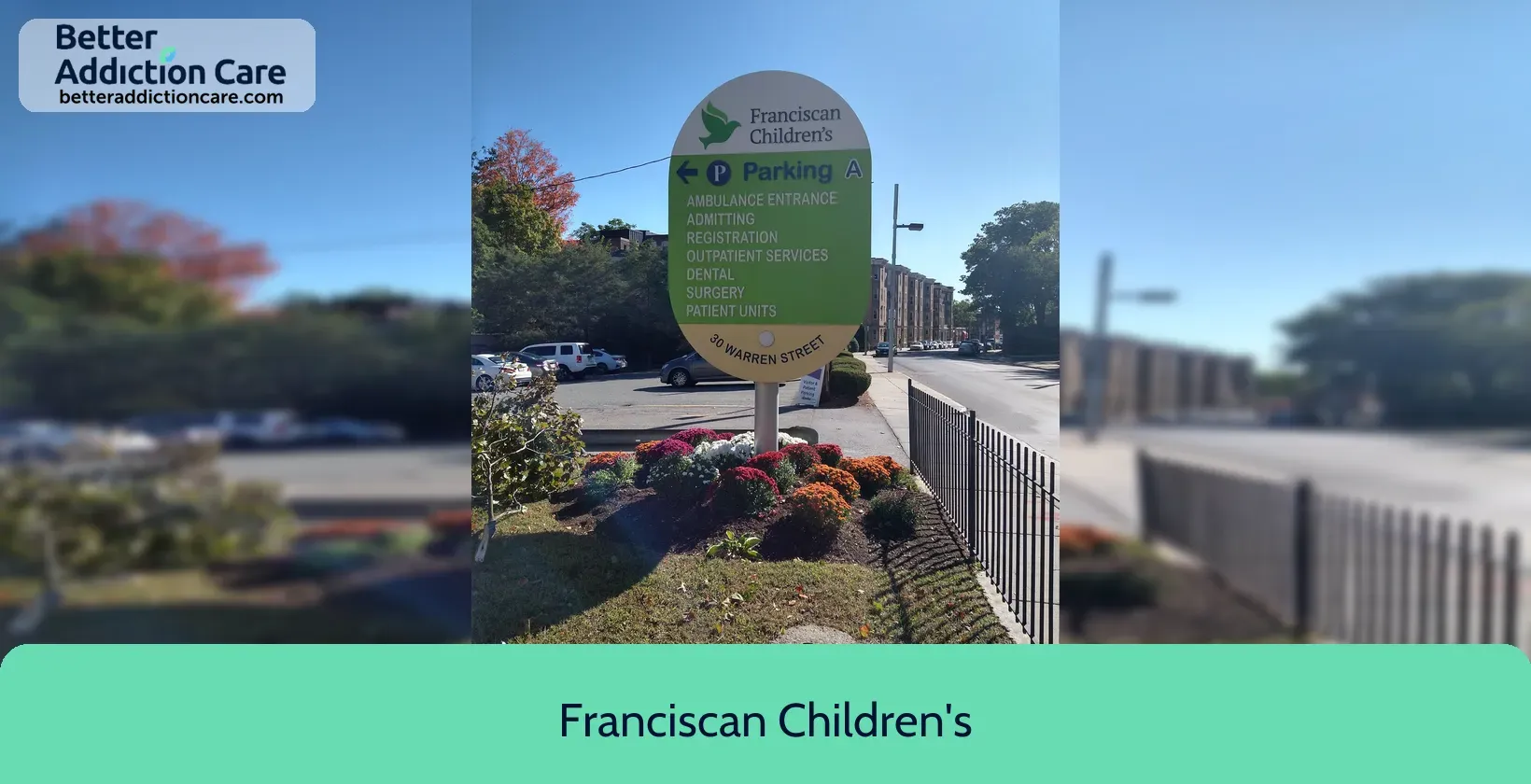Franciscan Children's
Overview
Franciscan Children's Center, located in Brighton, Massachusetts, is a comprehensive medical and mental health facility dedicated to the care of children. The center offers both inpatient and outpatient mental health services, along with specialized pediatric and pulmonary rehabilitation programs. Committed to providing compassionate, personalized, and family-focused care, Franciscan Children's Center addresses the unique needs of children with special health care requirements. The facility utilizes a variety of therapeutic approaches, including expressive therapy, group therapy, individual therapy, and school-based programs, to support the well-being and development of each child in its care.
Franciscan Children's at a Glance
Payment Options
- Cash or self-payment
- Medicaid
- Medicare
- Private health insurance
- Daily
Assessments
- Comprehensive mental health assessment
Age Groups
- Children/adolescents
- Young adults
Ancillary Services
- Case management service
- Education services
- Family psychoeducation
- Psychosocial rehabilitation services
- Suicide prevention services
Highlights About Franciscan Children's
6.62/10
With an overall rating of 6.62/10, this facility has following balanced range of services. Alcohol Rehabilitation: 8.00/10, Drug Rehab and Detox: 6.00/10, Insurance and Payments: 6.00/10, Treatment Options: 6.49/10.-
Alcohol Rehabilitation 8.00
-
Treatment Options 6.49
-
Drug Rehab and Detox 6.00
-
Insurance and Payments 6.00
Accreditations
The Joint Commission:

The Joint Commission, previously known as JCAHO, is a nonprofit organization that accredits rehabilitation organizations and programs. Established in 1951, its mission is to enhance the quality of patient care and showcase excellence in healthcare delivery.
Treatment At Franciscan Children's
Treatment Conditions
- 24-Hour Clinical Care
- Alcoholism
- Mental health treatment
Care Levels
- Hospital inpatient treatment
- Outpatient
- Hospital inpatient/24-hour hospital inpatient
- Luxury Treatment
- Halfway house
Treatment Modalities
- Couples/family therapy
- Group counseling
- Activity therapy
- Telemedicine/telehealth therapy
- Holistic Treatment
Ancillary Services
Languages
- Sign language services for the deaf and hard of hearing
- English
Additional Services
- Pharmacotherapies administered during treatment
- Laboratory testing
Special Programs
- Children/adolescents with serious emotional disturbance (SED)
- Persons 18 and older with serious mental illness (SMI)
Contact Information
Read our Most Recent Article About Drug Addiction
DISCLAIMER: The facility name, logo and brand are the property and registered trademarks of Franciscan Children's, and are being used for identification and informational purposes only. Use of these names, logos and brands shall not imply endorsement. BetterAddictionCare.com is not affiliated with or sponsored by Franciscan Children's.
